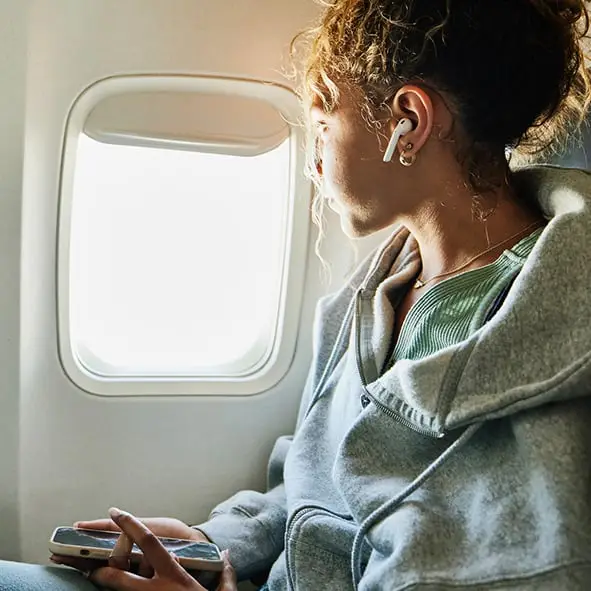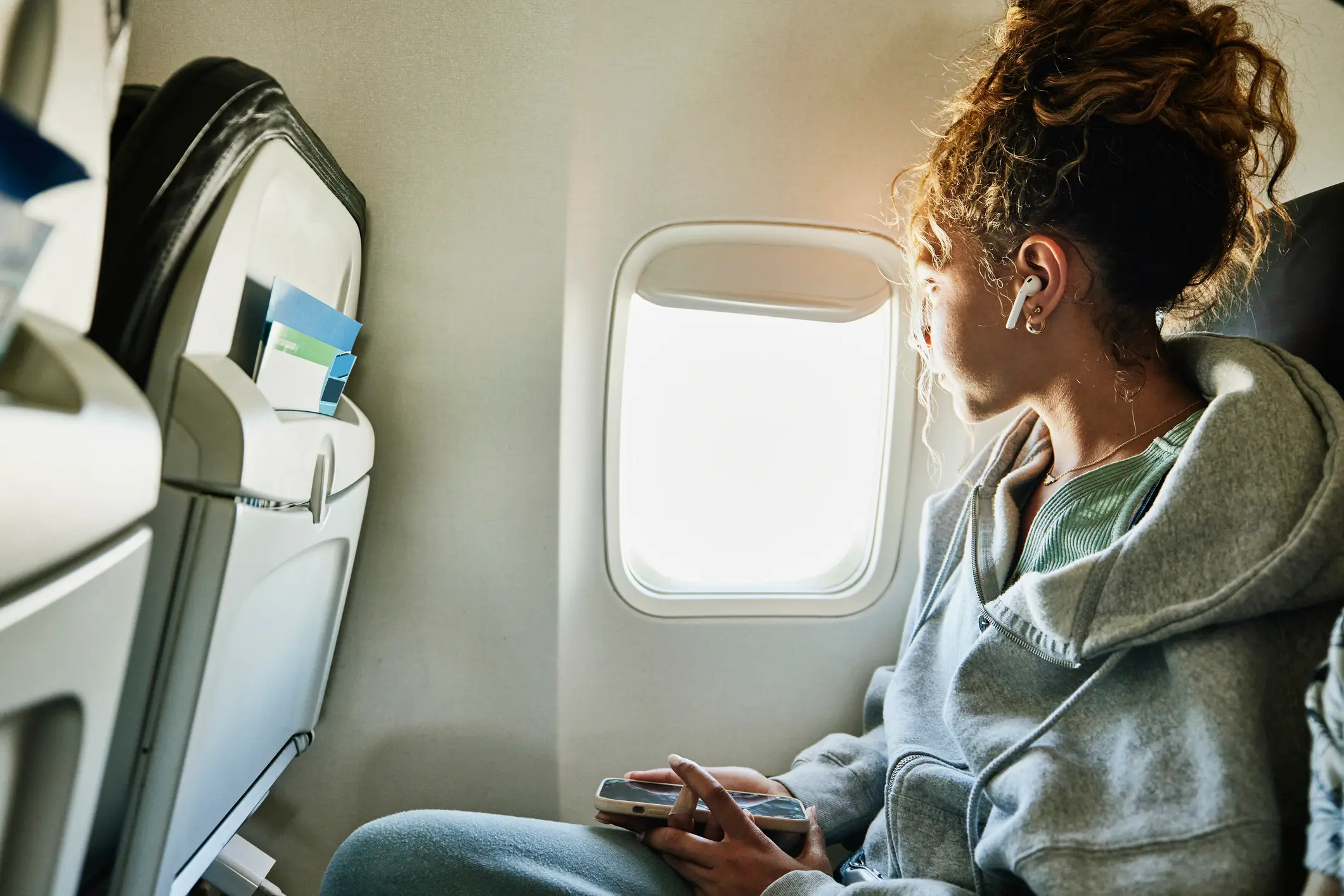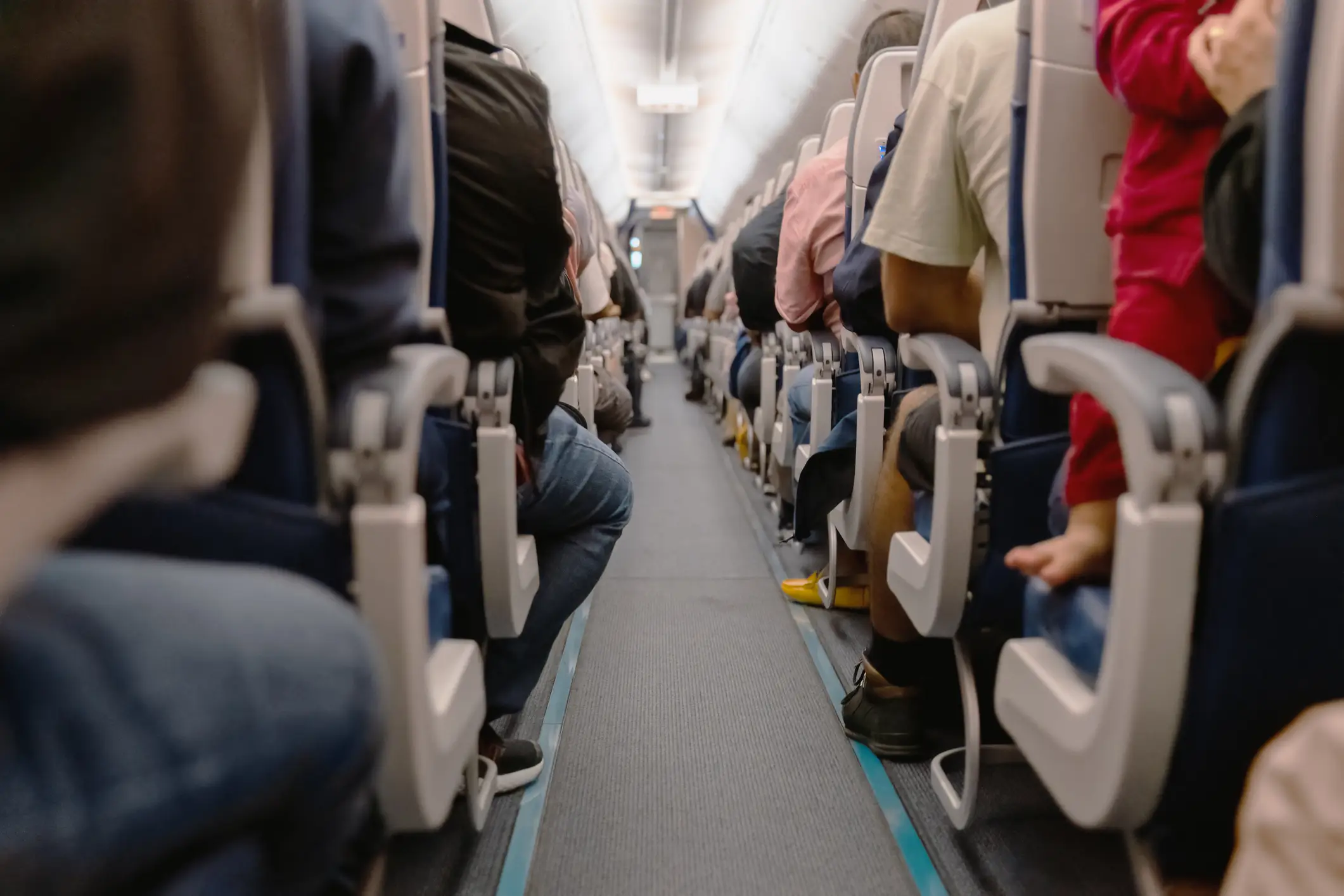
Have you ever wondered why it gets so cold on a plane? We often find ourselves wrapping up in extra layers, sometimes giving in to the extortionate in-flight prices to get a cup of tea.
Well, one flight attendant has revealed the real reason why it always gets so cold - and it turns out that it’s vitally important.

First of all, when the plane is at the gate, it’ll be hooked up to an external air conditioner which will cool the cabin when the plane is on the ground, according to a former flight attendant.
Advert
Jay Robert is a senior international cabin crew member and creator of A Fly Guy’s Cabin Crew Lounge.
Once in-flight, most planes have a cooling system that will operate when the engine’s turned on.
Roberts explains that “pilots control the master thermostat, and then the crew in the cabin can move that up or down slightly using their cabin control system.
“If we need to make a significant change, we must call the pilots and ask them to do it.”
So, why does it feel so cold during a flight?
According to a spokesperson for the Association of Flight Attendants, Taylor Garland, the temperature in an aircraft is controlled by zones.
She explained: “It’s an imperfect science. If a zone is large and/or the temperature sensor is near a source of heat — just like if the thermostat at home is near a heating vent — then the system will think that the cabin is warmer than it is.
“[The] aircraft … [does] a pretty decent job in flight of keeping the temperature reasonable, with the exception of seats near doors.”
However, it’s not necessarily a bad thing as Robert says that the cool temps are good for the people onboard.
He added: “We know it’s cold … but we also know what happens when the cabin is too warm, and that is a lot harder to manage than a cold cabin.

“I used to work on the largest commercial aircraft in the world that seated over 600 passengers, and one of the things I regularly checked was that the temperature did not exceed 73 degrees (Fahrenheit).
“Sometimes, I would have two or three faintings on a flight, and I would call the front to check the temperature — it was 75 (Fahrenheit) or higher every time.”
He also explained that the cool cabin helps to counteract the effects that the dry air has on your body.
There’s also another, particular unpleasant reason why it’s better to be too cold on a plane instead of too hot.
Robert added: “Warmer temperatures increase the amount of energy available for odor-causing molecules, which means warmer cabins also smell funkier.”